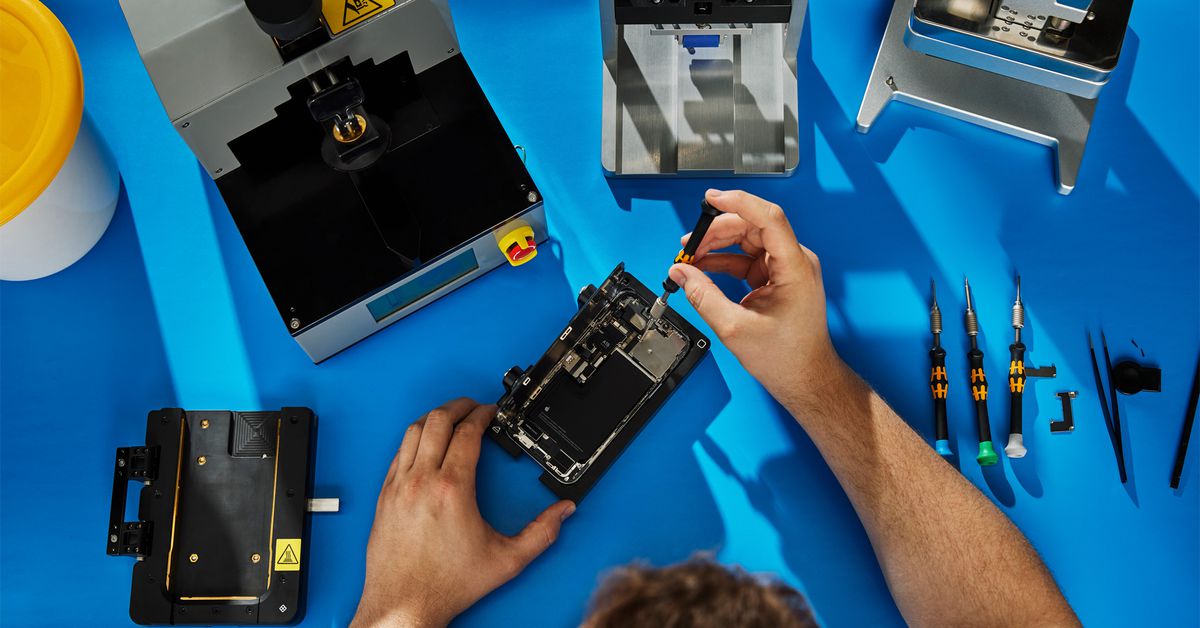- cross-posted to:
- technology@beehaw.org
- cross-posted to:
- technology@beehaw.org
California passes right-to-repair act guaranteeing seven years of parts for your phone::On September 12th, California passed SB 244 to its state Assembly, becoming the third state to pass a right-to-repair bill.



Do they also guarantee 7 years of parts for your electric car?
I’ve always wondered how there are auto parts for almost any major auto for years on end. Never enough to research it, but it’s curious.
Because they produce them.
The newer car makers have yet to learn a lot in this regard.
Actually it’s way, way more complicated than that. The big automakers outsource most of their parts production. So any given part like a tail light or outside mirror is being manufactured by a third party. The automaker will place an order for say, a million tail lights to FOO manufacturing that specializes in tail lights. FOO manufacturing will then make 1.2 million of them and sell the extra 200,000 to auto parts stores, auto body shops, online retailers, etc. They’ll also retain the molds and templates necessary to make new ones should there be market demand.
Tesla makes all their own parts (mostly) and the market for aftermarket Tesla parts is quite small. This means there’s very little incentive for 3rd parties to step in and make Tesla parts. The side effect of this is that you can buy replacement parts for cars made by the big automakers for decades whereas parts for Teslas can become scarce once their production run is over.
Note: There’s a whole 3rd party market for unofficial parts/clones that I’m not going to go into. That’s where auto parts manufacturing and stocks get really complicated.
Dealers make more fixing them, than they do selling them often times too.
Between needing to be able to service warranties on new cars and parts commonality across different models, it makes sense for a manufacturer to contract their suppliers to continue to produce parts outside what’s needed for initial production (to a point).
After all, if a warranty outlier or defect develops down the road, it’s a lot more expensive to reinstall old tooling and restart production than to just have extra parts on hand.
The aftermarket also plays some role, especially when you get into vehicles with longer service life applications (trucks, emergency vehicles, taxis, etc.)